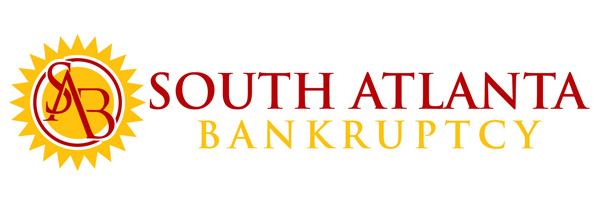It’s common knowledge that you can’t “bankrupt on child support or alimony”. Obligations “in the nature of support” (even if they are labeled something else in the divorce decree) have never been dischargeable in either Chapter 7 or in Chapter 13. This means that you can’t get rid of them without payment.
Over the years, this principle has become stronger and stronger. It is no longer possible to discharge a property settlement (as distinct from a support obligation) in Chapter 7. Thus, you should not expect to “fix” a bad result in divorce court by filing a Chapter 7 bankruptcy. It may be possible however, under limited circumstances, to pay property settlement obligations less than in full under a Chapter 13, and still receive a discharge. There is nothing easy or automatic about this, and you would have to discuss your particular situation with a lawyer to be confident about how this would work out for you.
If you are still married and are merely contemplating a divorce, a joint bankruptcy might make your way easier in the future. Assume that you divorce without filing bankruptcy. If you owe some debts jointly with the ex, the divorce decree should direct which of you is supposed to pay those joint debts. If you share the obligation to pay, that will require good communication and cooperation between you. That might well be a problem. It usually works best for each spouse to be totally responsible for paying any given debt.
However, even if each spouse is assigned separate debts to pay, that does not affect the right of the creditor to collect from either one of you if both names are on the account. Thus, if the ex is supposed to pay a debt but does not pay it, you can still be sued by the creditor. Your only remedy would be to return to Superior Court to have it enforce the obligation that it ordered in the divorce. Similarly, if you don’t owe debts jointly with your spouse, a divorce court can order you to pay a debt that never was in your name as part of a “division of marital liabilities”.
When you file for divorce, you want to achieve peace if at all possible. You don’t want to set yourself up for future conflicts either with your ex or with your old creditors. If you file bankruptcy and wipe out these debts, neither one of you will have to pay them in the future, and the divorce decree will not need to address them. This if often the best strategy for avoiding stress and conflict in your future life.
Please call us at 678-519-4143 to discuss your particular situation with our lawyers.

